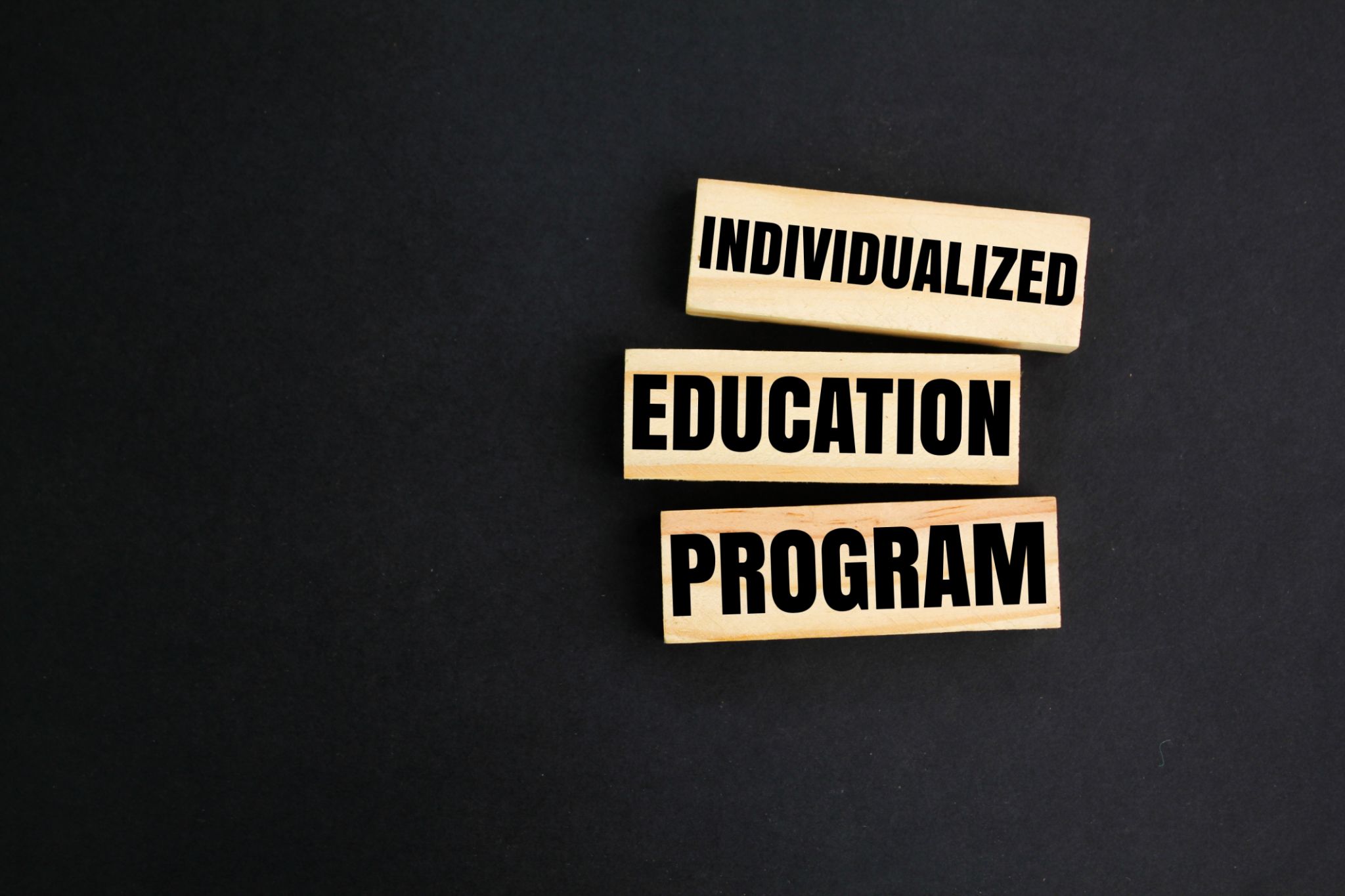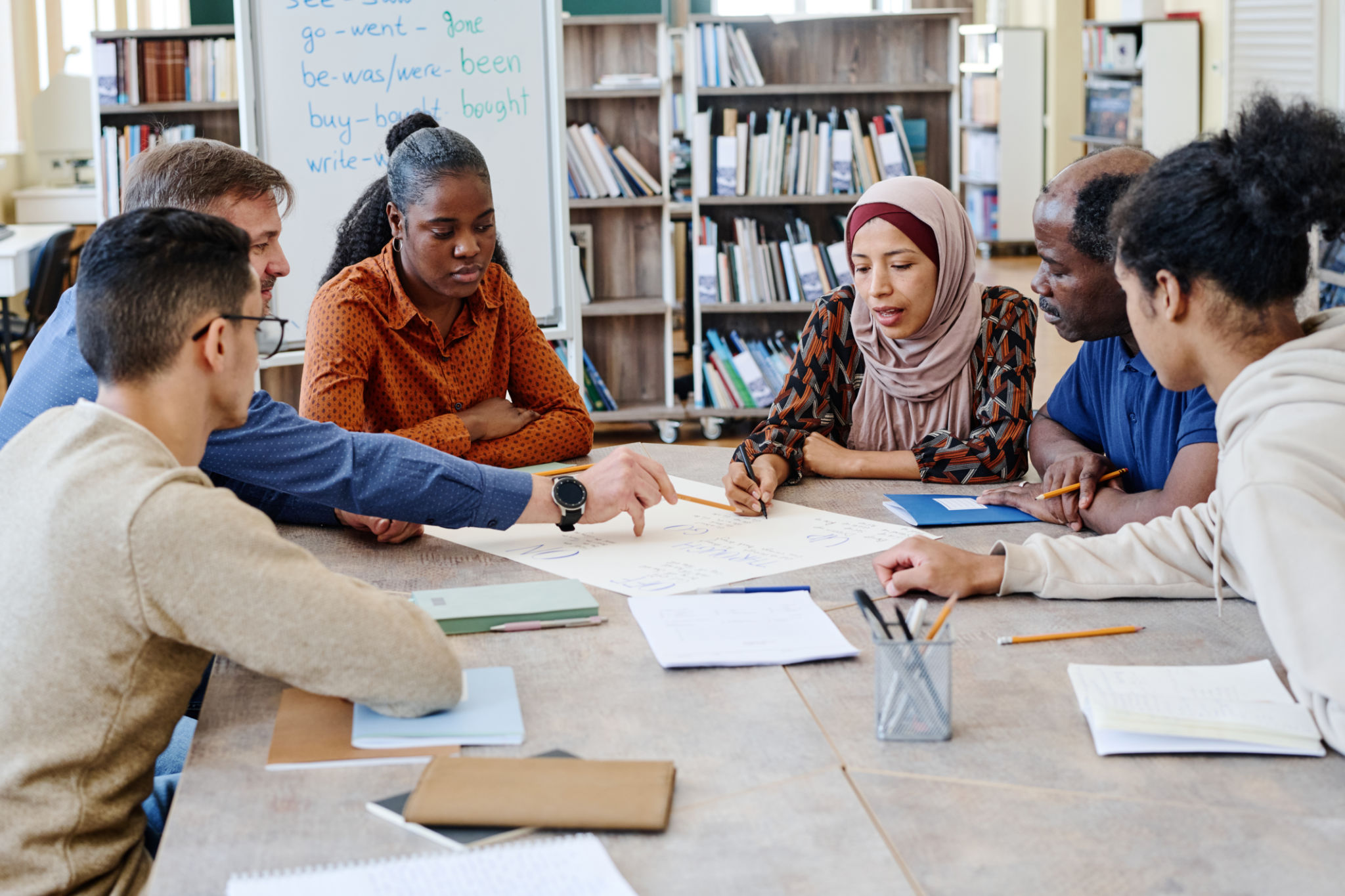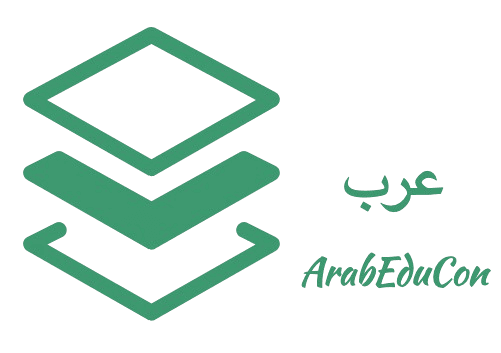Connecting Educators and Policymakers: The Future of Education in the Arab World
NA
Introduction
The Arab world is on the brink of a transformative era in education. As global dynamics shift, there is an increasing need for effective communication and collaboration between educators and policymakers. This connection is crucial to address the challenges and leverage the opportunities that lie ahead.
In recent years, the educational landscape in the Arab region has been shaped by a myriad of factors, including technological advancements, demographic changes, and economic pressures. Bridging the gap between educators and policymakers is essential to ensure that educational reforms are both effective and sustainable.

The Importance of Collaboration
Collaboration between educators and policymakers can lead to the development of more relevant and responsive educational policies. Educators, being on the front lines, have firsthand experience of the challenges and needs within classrooms. Their insights are invaluable in shaping policies that truly address the issues faced by students and teachers alike.
Moreover, when policymakers engage directly with educators, they gain a deeper understanding of the practical implications of their decisions. This informed perspective can result in policies that are not only visionary but also grounded in reality, making them more likely to succeed.
Building Effective Communication Channels
To facilitate collaboration, there must be robust communication channels between educators and policymakers. Regular forums, workshops, and conferences can provide platforms for dialogue and exchange of ideas. These interactions help in breaking down barriers and fostering a culture of mutual respect and understanding.

Leveraging Technology for Educational Reform
Technology plays a pivotal role in bridging the gap between educators and policymakers. Digital platforms can be used to gather data, share insights, and monitor the impact of educational policies in real-time. This data-driven approach allows for more informed decision-making and helps in tracking progress effectively.
Additionally, online communities and social media can serve as powerful tools for educators to voice their opinions and share innovative practices. Policymakers can tap into these resources to gain a broader perspective on educational trends and challenges.
Case Studies: Successful Collaborations
There are several examples within the Arab world where successful collaborations between educators and policymakers have led to significant improvements in educational outcomes. For instance, countries like the UAE have implemented comprehensive reforms by actively involving educators in policy discussions.

The Road Ahead
Looking forward, it is clear that continued collaboration between educators and policymakers is essential for shaping the future of education in the Arab world. By working together, these stakeholders can create an education system that is equitable, inclusive, and capable of meeting the demands of the 21st century.
As we move forward, it is important to remember that education is not just a policy issue but a societal one. Engaging all stakeholders, including parents, students, and community leaders, will ensure a holistic approach to educational reform.
Conclusion
The future of education in the Arab world depends on our ability to connect educators with policymakers in meaningful ways. By fostering collaboration, leveraging technology, and engaging all stakeholders, we can create an educational landscape that empowers future generations to thrive.
